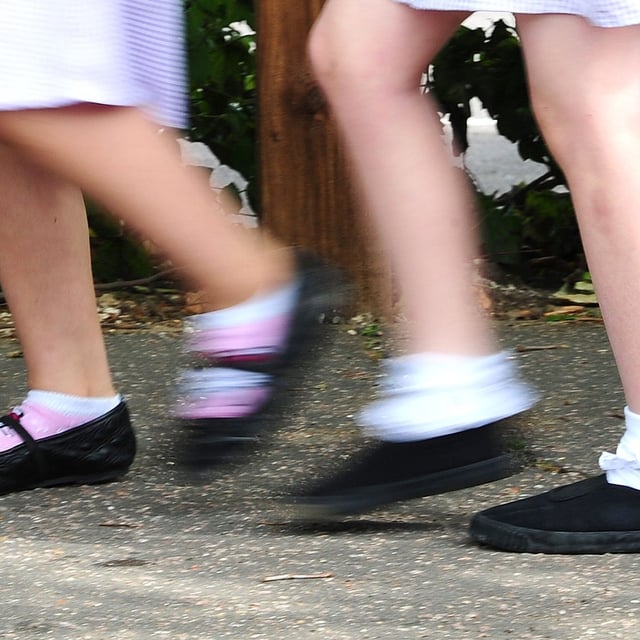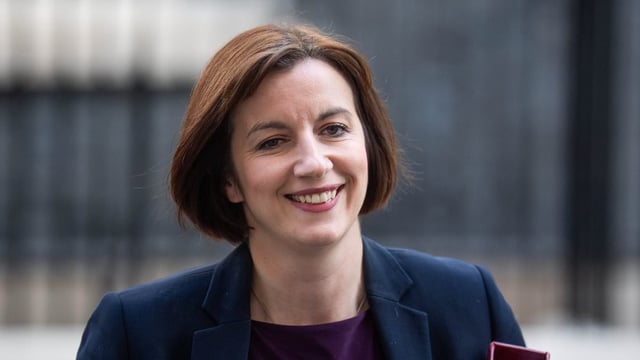Overview
- The policy, introduced for new births from 2017, limits child tax credit and universal credit support to a household’s first two children.
- The study finds no statistically significant change in the share of children achieving a good level of development at age five.
- Researchers report no detectable effect even for groups most exposed to the policy, including children in the most deprived areas and those previously eligible for free school meals.
- The IFS says ending the limit would be one of the most effective ways to cut child poverty, with costs estimated between £2 billion and £3.5 billion a year, and CPAG estimates 350,000 children would be lifted out of poverty immediately.
- The Government says a child poverty strategy will be published in the autumn and highlights funding for family hubs, expanded free school meals, 30 hours of funded childcare, early years services and a new crisis support package.

